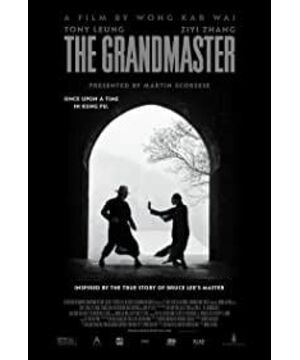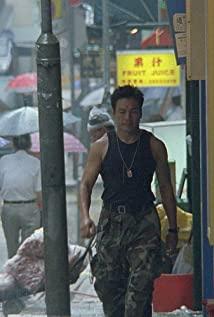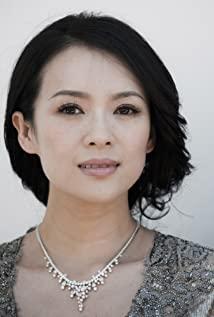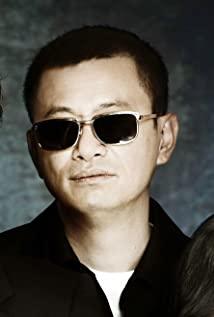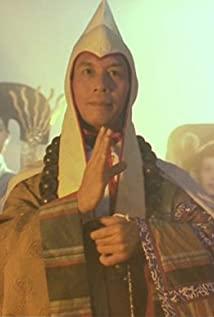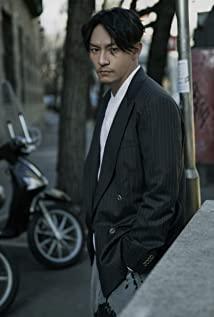Wong Kar Wai was my favorite when I was young - I think he may be the favorite of every young man who has ever been young and has a heart for literature and art. His style is too strong. That motto-style dialogue, every frame can be used as the composition of the desktop background, and it can't hide the movie soundtrack to show off, the dizzy shots, etc.
A director who insists on a style, as long as it is extreme enough and persistent enough, will surely succeed. In fact, it is the same in life. Don't talk about anything without ten thousand hours.
I think "The Grandmaster" can be regarded as a big breakthrough for Wong Kar-wai. I guess he is also a little tired of himself. I hope that people can make breakthroughs when they reach middle age. Don't just win the art film award, try to win the commercial film award. Don't play tricks all the time, try things that working people like to hear and see.
The screenwriting team of this film includes Xu Haofeng, Zou Jingzhi, and Zhang Dachun, who did not want to be named. So the dialogue is very quaint, and the costumes of the Republic of China B are especially pure--you can even despise other Republic of China Bs as the Republic of China bitches.
In this movie, one of my favorite dialogues is what Zhao Benshan said, like "How big a butt and how big a pair of pants" is the abrupt feeling, and Jacky Cheung in "Evil in the East" plays the "Northern Beggar" when he suddenly sees his wife Saying in dialect: "Hui guest, you give me home guest" has the same effect, and it is particularly moving because of the sudden speech of real people in a bunch of aphorisms. This passage is not out of the blue in the movie, I think it's the center of the movie.
"A Generation of Masters" is about a group of masters who guard and choose each other during decades of turmoil in China. It came to an abrupt end in the 1950s. In fact, after 50 years, Chinese cultural traditions have indeed been completely destroyed, and it is impossible to have any masters. So this film is an elegy -- any film that talks about respecting and guarding tradition or religion is always moving, and respect for one's own identity and profession also resonates with the world.
Like other Wong Kar Wai films, the plot is deliberately fragmented, but the details are rich, and the details become the plot. The glass of water brought by the person in the play and the words of the dragon set become the center.
The reason why I think that what Zhao Benshan said is the center is because in the Republic of China, a China with courtesy, righteousness and honor, that is, the typical "Oriental" that Westerners think is actually like this. Smoke, Lizi has to kill someone. The spirit of China, or the spirit of the East, has two things that the West does not have. One is the collectivist spirit of sacrificing oneself to complete the organization. 2. It is a sense of ritual that is too complicated to be a little hypocritical. And can experience dignity, happiness, joy. As Zhao Benshan said, if you are a person on the other side, even if you don't know each other, I have to let you. Even if you don't smoke, you have to continue, otherwise you will lose face to each other. Then maybe because this is not a thing, it will cause a catastrophe, and even affect the process of historical development.
I realize that there are two directors whose films have no ending in love, but it is not a tragedy, one is Wong Kar-wai and the other is Hayao Miyazaki. This one is no exception, Gong Er said to Ye Wen: I have you in my heart. It's not illegal to like someone, but it can only go so far. This kind of love makes people feel precious. It seems that Faye Wong also feels this way to Tony Leung in "Chongqing Forest". Lord Ye loves dragons, and I love you has nothing to do with you. I secretly liked it, and it was really delivered to my door, and I ran away.
I haven't watched Wong Kar-wai for many years, and I haven't watched all of "2046" and "Blueberry Night" in the middle, and I don't plan to watch it. If you think too much about Wang's films, you will over-interpret it. If you think less, why go to see such a stimulating movie that people can’t read and think desperately?
For me, the time to watch Wong Kar Wai is over. Used to be very happy, very happy, very vain. Now I prefer to watch narrative movies like "Yi Yi", "Iranian Separation", "Sister Peach" and "Days and Nights in Tianshui Wai", which are so light-hearted that they won't be released.
Maybe some people see themselves, heaven and earth, and all living beings from this movie, but I still see Wong Kar Wai, the artist who also wears black super to play tricks in the room.
View more about The Grandmaster reviews


